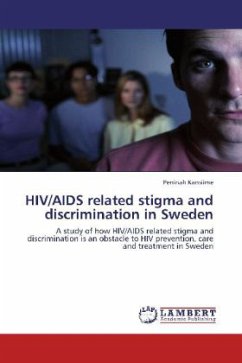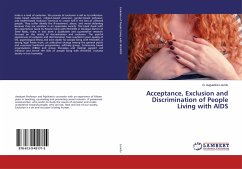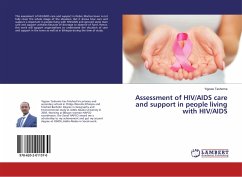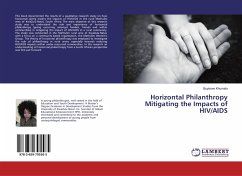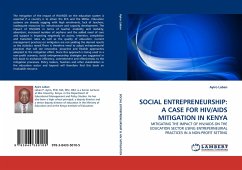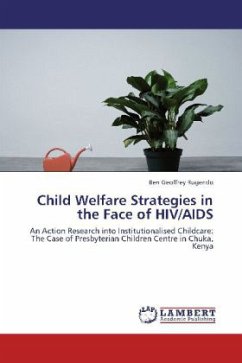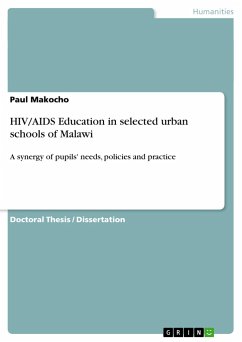HIV/AIDS related stigma and discrimination are probably as old as the disease itself. Despite the fact that Sweden is one of the countries providing top quality medical care to people living with HIV/AIDS, the epidemic of HIV related stigma and discrimination looms large at different levels in the Swedish society. This paper sets out to discover how stigma and discrimination are obstacles to HIV prevention, care and treatment. The main findings of this study include among others: that HIV/AIDS related stigma and discrimination exists in Sweden and it is a big obstacle to HIV/AIDS prevention, care and treatment. Forms of stigma include self stigma, which is the most common form of stigma in Sweden plus stigma from society. Discrimination is seen in the healthcare system, the media, migrations board and the justice system. The Swedish Communicable Diseases Act also seems to be enhancing stigma and discrimination. The negative treatment in society and various institutions, plus the harassment of People Living with HIV/AIDS by the media prevents people from testing for HIV/AIDS and also from seeking care and treatment.
Bitte wählen Sie Ihr Anliegen aus.
Rechnungen
Retourenschein anfordern
Bestellstatus
Storno

